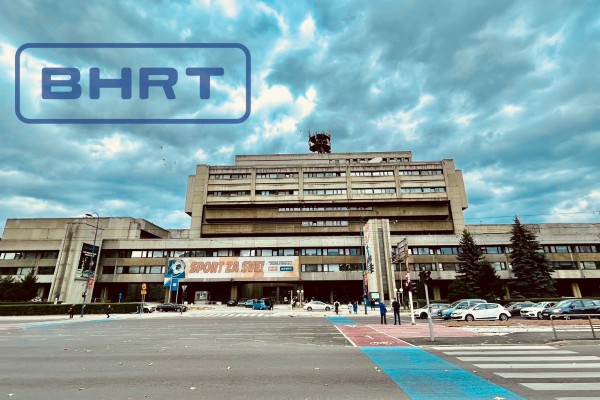A court in the Armenian capital of Yerevan began hearing a criminal case against prominent newspaper editor-in-chief and opposition figure Nikol Pashinyan earlier this week. Pashinyan faces up to 10 years in prison for “organising mass disorder” and “assaulting a state representative.”
Armenian authorities have accused Pashinyan of organising the March 2008 riots that followed a contested presidential election and left 10 people dead. He also stands accused of assaulting a police officer during those riots.
Pashinyan, editor-in-chief of leading daily Haykakan Zhamanak (“Armenian Times”) and a vocal critic of the current Armenian administration, denies the allegations, claiming that his actions during the events of February and March 2008 were within Armenian law.
Both local and international human rights organisations have also called the charges against him into question.
Following the 2008 riots, and amid concerns he had become a target for assassination, Pashinyan went into hiding. He handed himself over to police on 1 July this year and is currently being detained pending the outcome of the trial.
Pashinyan was charged under Articles 225.1 and 316.1 of the Armenian Criminal Code, which carry a combined sentence of 10 years imprisonment. Although the Armenian president this past June issued an amnesty for all those implicated in the unrest, the terms of the amnesty only apply to those convicted to less than a five-year jail term.
As the trial commenced on Tuesday, Pashinyan’s lawyers petitioned for the judge hearing the case, Mnatsakan Martirosyan, to be changed, claiming he cannot hold a fair trial following his highly criticised handling of a similar case earlier this year.
Pashinyan also presented information from international non-governmental organisation Transparency International, supporting his claims that the Armenian judiciary is corrupt.
“If you consider the whole system to be corrupt, what difference does it make to you which judge will be hearing the case?” responded the prosecutor, according to a report by local media.
“We at IPI are highly concerned that Pashinyan may not receive a fair trial,” said IPI Deputy Director Alison Bethel McKenzie. “We are also concerned by the possibility that the authorities have pressed charges purely to bully a government critic into silence, as well as to scare off others who would dare to oppose them.
“We hope the trial will be held in as transparent a manner as possible and in line with all Armenia’s obligations under international agreements.”


